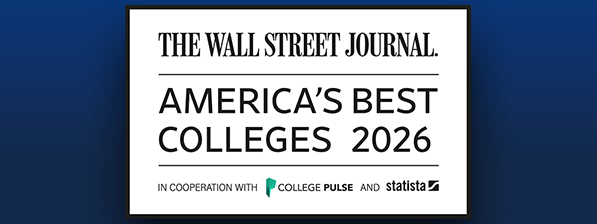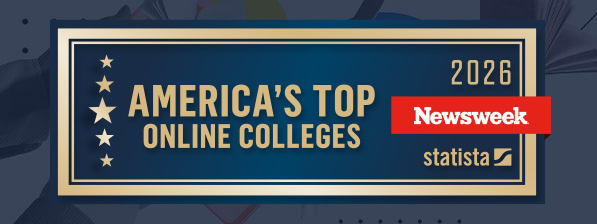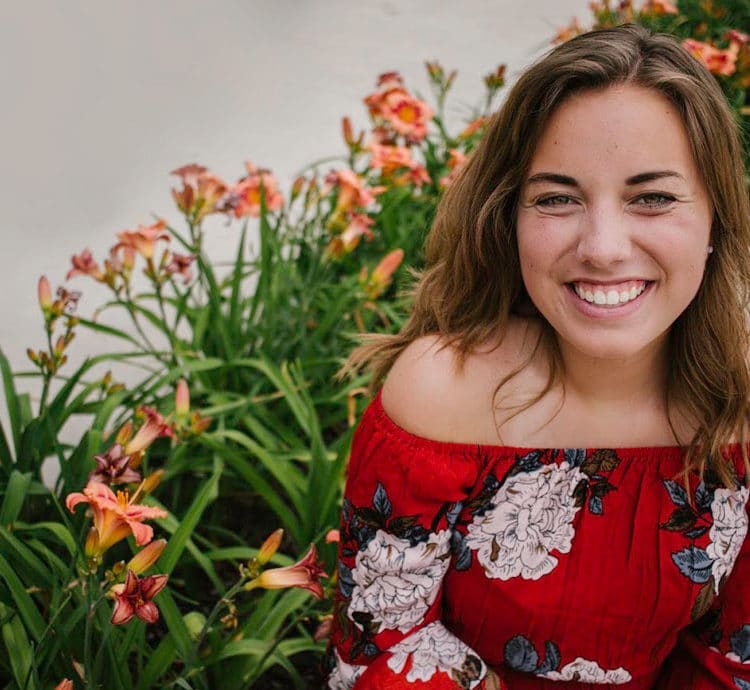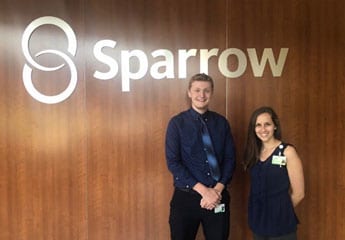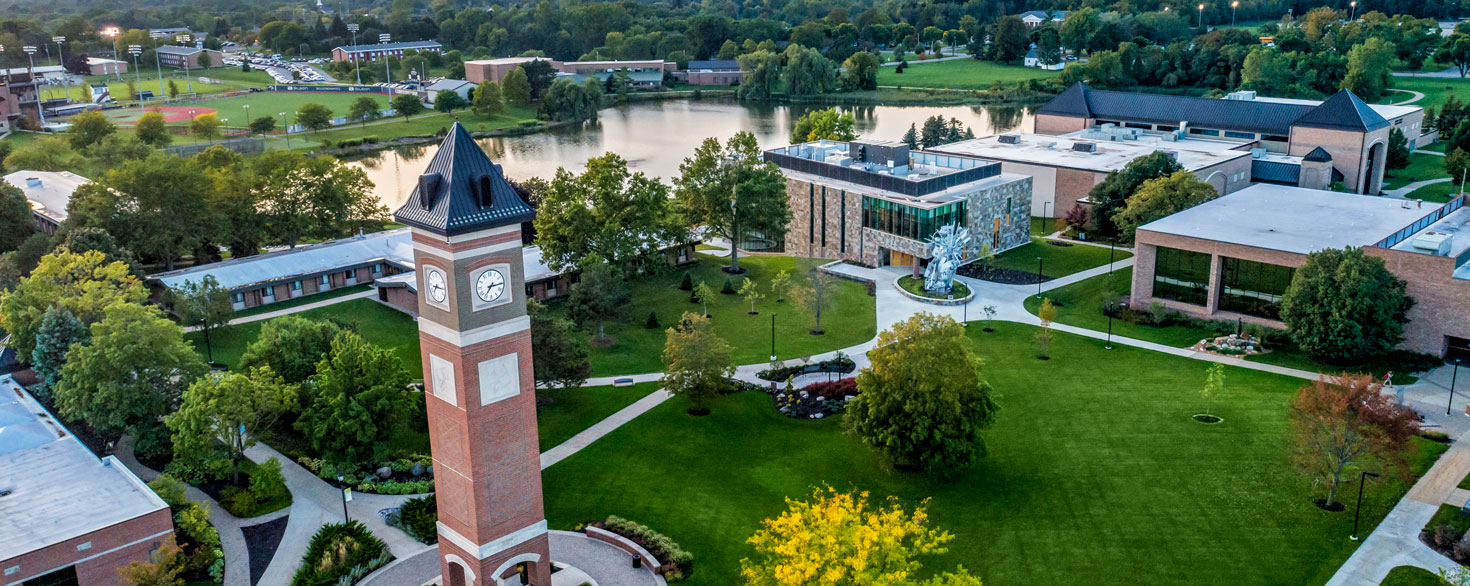
It seems like the biggest decision ever, right? It feels as if whatever major you choose will determine what you do for the rest of your life. False.
Even though everyone is asking what you will study in college as you’re getting ready to graduate high school, most likely your answer will change. According to the National Center for Education Statistics, about 80 percent of college students in the United States end up changing their major at least once. On average, college students change their major three times while in school. Even then, most people will tell you that you won’t necessarily go into the field you studied for in college.
It’s okay to change majors.
DECLARING A MAJOR
There seems to be an expectation that you must enter college with a major in mind. While that makes it easier as everyone asks what you will be doing, it’s actually not all that important to know yet. Unless you’ve had a childhood dream of being one thing or another, it can be hard to know what you want to do. That childhood dream could even change once you begin your schooling, so it’s okay to stay open-minded and explore your options.
Going into college undeclared, you have the freedom to take classes about things you think you may be interested in alongside your general education courses. General education courses are required anyway, so you really aren’t losing any time while you explore your first or second semester. Don’t be afraid to try things!
It’s most important to find something you’re passionate about and that lines up with your strengths. During orientation, every freshman takes StrengthsFinder, a very popular and well-known test that assesses your top five (out of thirty-four) strengths. This is then referenced and used throughout orientation week and in your time at Cornerstone University. It’s a great tool not only to know yourself better but for professional development.
THINKING ABOUT CHANGING
Say you chose a major and then decide it’s not for you or choose to enter undeclared and are in search of a major—there is so much help and so many resources available.
Cornerstone has a Center for Career and Life Calling dedicated to helping you find your passion and pursue it. The staff is trained to counsel students who are trying to figure out what they should do with their lives. They ask questions about what you enjoy doing, try to get to know you better and make suggestions based on your strengths, interests and goals. The staff is so caring, attentive and helpful. This service is completely free to use at any point during your time at Cornerstone, or even as a high school student visiting campus.
If you have an idea of what you may want to pursue, I suggest talking to a professor from that division. They can give you a better idea of what the classes will be like and the benefits of that field of study. They can even counsel you on what your best fit might be. Professors at Cornerstone desire your success more than they desire you to choose their division.
It can also be helpful to talk to your family and friends as you are in the search process. They know you better than anyone—what you thrive in and what you struggle with. Those kinds of insights can be a game changer and open you up to new ways of looking at how you can apply your natural gifts and interests to a career.
MY EXPERIENCE
I am the poster child for not knowing what I wanted to do. I changed my major multiple times. I really wanted to declare a major before I came to Cornerstone and felt that a lot of my passions lined up well with social work, but I wasn’t fully sold. I didn’t take any social work classes during my first semester and actually changed to international business for a little while. I had used Career and Life Calling as well as the StrengthsFinder test and had concluded that I had a lot of executive strengths and tendencies that went well with business. But somehow, I just couldn’t see myself as a businesswoman. So, I changed again.
Second semester I decided to declare social work as my major again and take the intro class to see what I thought. I really enjoyed the class and connected with my professor, but I just didn’t feel like social work was a good fit. I met with the professor and told him my fears about going into social work as well as what I liked about it, and he was completely honest with me. He shared the positives and negatives of the field, affirmed that he would love to continue having me as a student but also urged me to make the decision that I knew was best for me.
So, I decided that I wasn’t going to be a social work major, but I still didn’t know what I wanted to study. The summer after my freshman year, I began the process of figuring it out. There were so many things that I was passionate about but nothing that I was really sure I should study. As I looked into my options, I realized that I could actually combine all the things I wanted to study in an interdisciplinary degree. In this unique degree, you are able to combine courses from two to three main fields of study so you can take the classes that are important for you to take.
As I went through the process, I decided that I could either do that or just take a major and two minors, that would allow me to take even more classes. I ended up with a major in strategic communications and minors in Spanish and ministry. I never would have been able to get there without help from professors, resources, family and friends.
Now, I am currently doing a communications internship here at Cornerstone as well as my church. I have plans to study abroad in Ecuador and desire to go into ministry after I graduate. Through the process of finding what I wanted to study, I discovered what I was passionate about, and I’m so happy I did.
Take this Find Me a Major quiz and take a look at all of the majors we offer!
